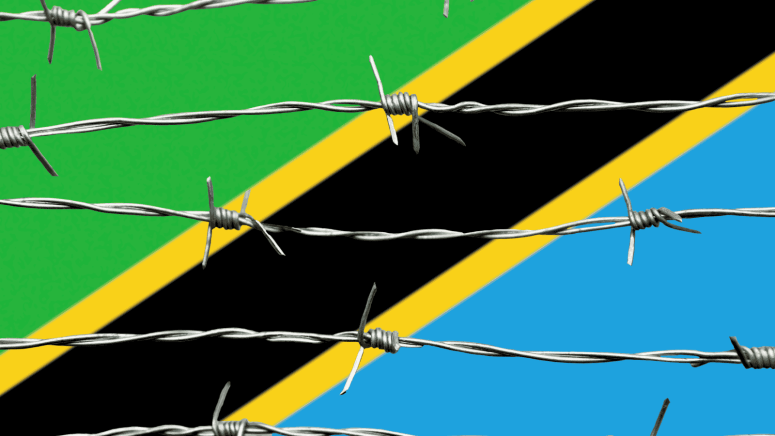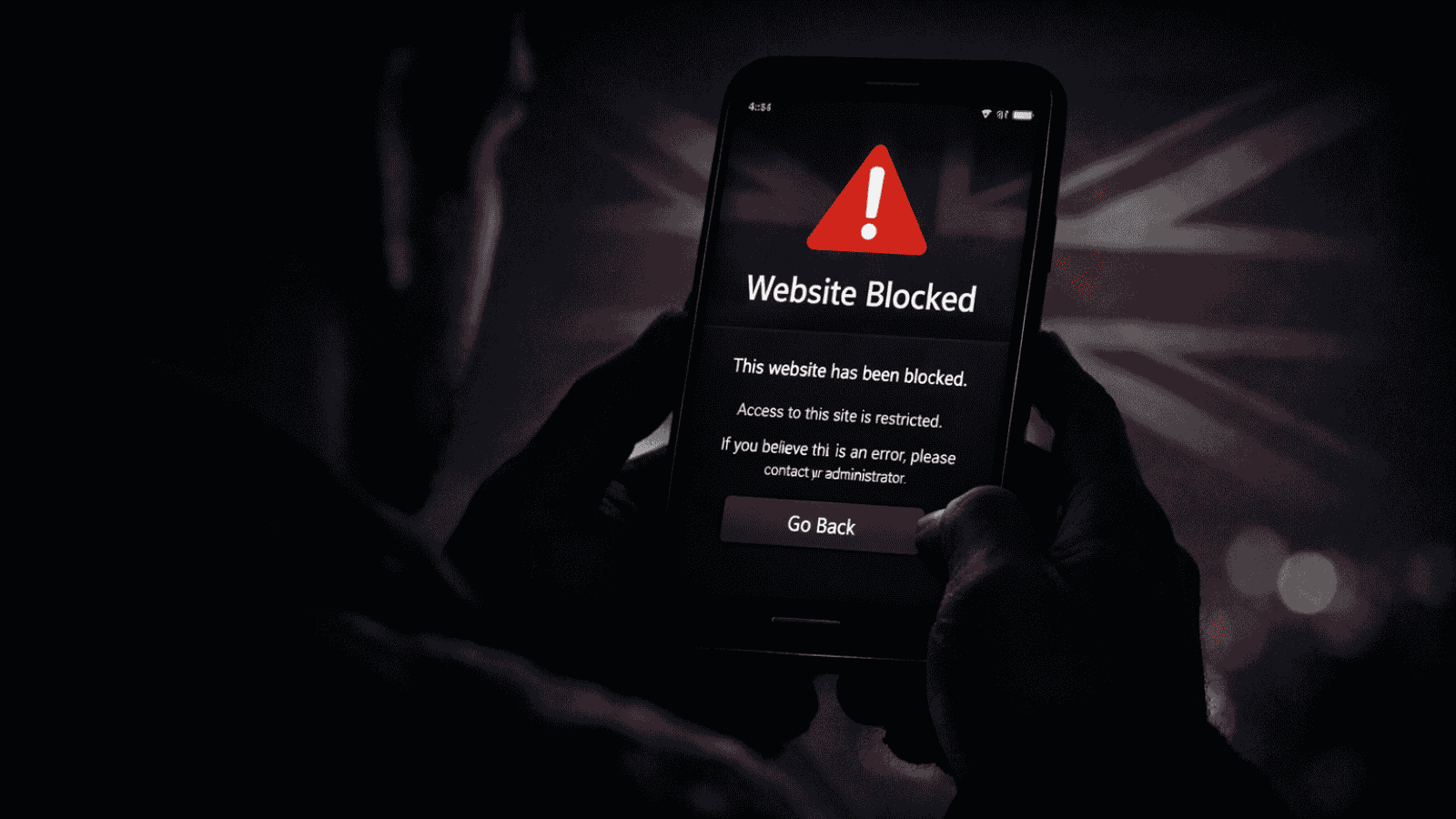
Tanzania Faces Nationwide Internet Blackout Amid General Election
- Event: Tanzania experiences a nationwide internet blackout during its general election amid rising protests.
- Impact: Citizens, journalists, and observers struggle to access information and communicate freely.
- Context: Shutdown mirrors global trend of governments restricting internet during political unrest.
A nationwide internet shutdown has been reported across Tanzania, coinciding with the country’s general election and widespread protests. Connectivity reports indicate that access to major social media and messaging platforms, including X (formerly Twitter), WhatsApp, and Instagram, has been blocked for many users.
Independent network data from NetBlocks, an internet monitoring organization, confirmed that connectivity has been severely disrupted since early Thursday, as polling stations opened across the country. The blackout has reportedly continued into the following day, deepening concerns among journalists, election observers, and citizens who now find it difficult to communicate or share updates about the electoral process.
Local reports suggest that security forces have been deployed in multiple regions to contain protests, further heightening tensions surrounding the election.
A Growing Concern for Access to Information
The timing and scale of the shutdown have sparked criticism from civil society groups and international observers, who argue that cutting access to the internet during an election undermines transparency and democratic processes.
According to Amnesty International’s Regional Director for East and Southern Africa, Tigere Chagutah, the disruption threatens to “further inflame the situation” and limits citizens’ right to free expression.
“The authorities must allow unrestricted access to information both online and offline by ensuring full internet access and allowing local and international media to report freely on the election,” Chagutah said.
Experts say that such actions are often used to control the flow of information and suppress dissent during politically sensitive periods. By restricting online access, governments can hinder the organization of protests, block independent coverage, and maintain tighter control over national narratives.
A Familiar Pattern Seen Worldwide
The situation in Tanzania reflects a wider global trend of internet shutdowns during elections and civil unrest. Similar restrictions have been recorded in recent months in countries such as Afghanistan and Turkey, where authorities imposed digital blackouts to limit the spread of information and online mobilization.
Earlier this month, Afghanistan experienced a complete internet shutdown, leaving citizens without any access to communication tools. Even VPNs, which are often used to bypass censorship, failed to restore connectivity due to the nationwide scope of the outage.
In Turkey, platforms like X, YouTube, and WhatsApp were temporarily restricted for 24 hours earlier this year, leading to a sharp surge in VPN usage as citizens sought alternative ways to stay connected.
Tanzania’s blackout appears to follow the same pattern, effectively isolating millions of people and raising questions about the role of digital rights in democratic governance.
Broader Implications for Digital Freedom
Internet shutdowns have long-term consequences that go beyond political control. Analysts warn that such actions damage public trust, disrupt economic activity, and limit citizens’ ability to access essential services.
Advocates for digital freedom emphasize that open internet access is critical during elections, allowing the public to verify information, share updates, and engage in peaceful dialogue. When governments restrict these channels, it risks creating an atmosphere of uncertainty and fear.
The events unfolding in Tanzania underscore a growing global challenge: balancing national security and political stability with the fundamental rights to communication and free expression.
As of now, internet access in Tanzania remains severely limited, with no official statement from authorities about when full connectivity will be restored.













